Business leaders: ‘It’s time to cut the red tape’
Our biggest movers and shakers have revealed what they believe is needed to make the Sunshine State even greater. HAVE YOUR SAY
QLD Business
Don't miss out on the headlines from QLD Business. Followed categories will be added to My News.
QUEENSLAND needs to smash the rising wall of bureaucracy and rediscover its once nation-leading entrepreneurial spirit in 2020, according to business leaders.
Our biggest movers and shakers have revealed exclusively to The Sunday Mail what they believe is needed to make the Sunshine State even greater, with a 2032 Olympic bid, increased infrastructure spending, jobs and bureaucratic reform topping the list.
The business bigwigs, who come from a range of key sectors that underpin the state’s economy, believe the two go hand-in-hand, with a successful bid thought to be the catalyst to many long-awaited infrastructure projects being fast-tracked.
Some of the big-ticket items include a high-speed rail network, as well as more dams to help drought-proof and drive growth in the state’s farming and agriculture sector.
Growing business and creating jobs, they all agree, is critical – now more so than ever given the constantly shifting ground of an accelerating digital economy.
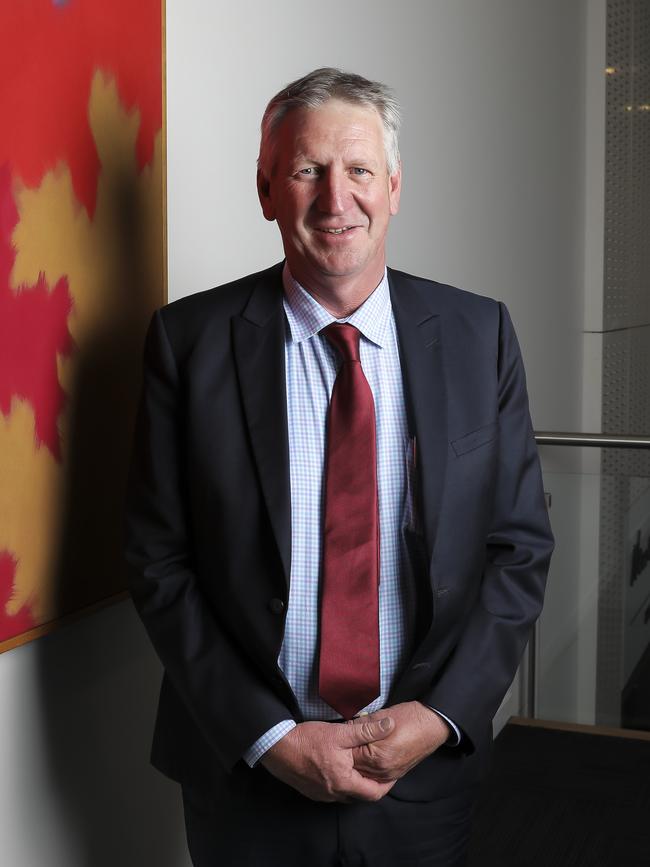
But they also believe Queensland is lagging behind the southern states due to the lack of decisiveness and rising wall of bureaucracy that is stifling the state.
Tax reform and the removal of bureaucratic roadblocks – both perennial election issues – again are among the top wishlist items.
2032 OLYMPIC BID
Wagner Corporation director Denis Wagner said it was important for infrastructure to be developed before it was needed.
He said the he believed securing the 2032 Olympics was a big priority in ensuring that for Queensland.
“What we actually want is action,” Mr Wagner said.
“For Queensland to grow we need more infrastructure, and we don’t want it 10 years after we need it, we want it 10 years before we need it.
“So for that reason I think the highest priority is securing the 2032 Olympics. It will be the catalyst for bringing much-needed infrastructure forward for our natural growth.”
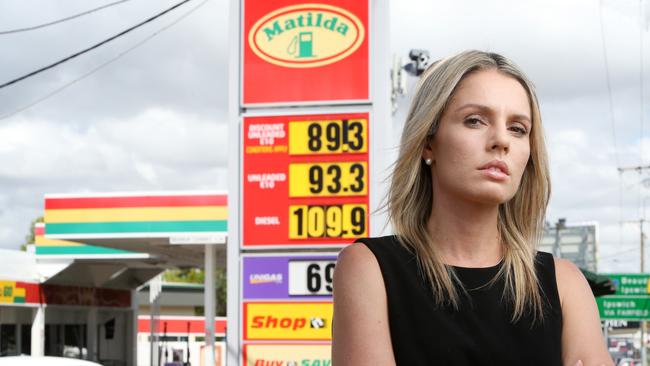
INFRASTRUCTURE SPENDING
RACQ advocacy general manager Renee Smith said Queensland was at a crossroads.
“Transport infrastructure has never been more vital in ensuring we live in a modern, progressive state which retains and enhances the lifestyle we have grown to love about our great state,” she said.
“Now is the time for all three levels of government to take a co-ordinated, bipartisan approach to strategic infrastructure focus to build community resilience through employment and sustainability in a volatile climatic future.”
Wyndham Vacation Clubs president and managing director of international operations Barry
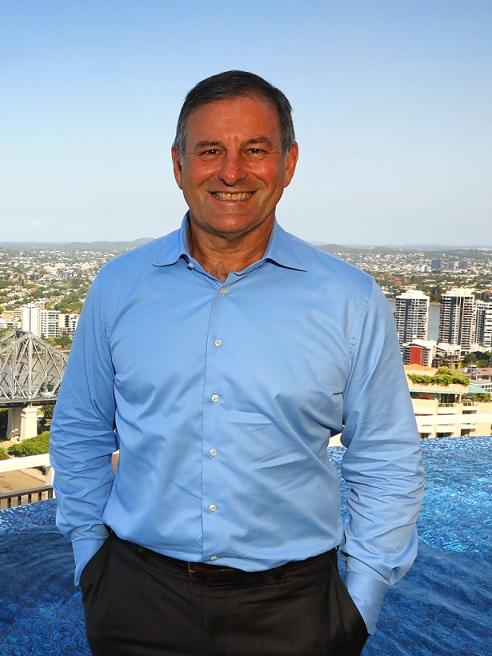
Robinson said to capitalise on opportunities for long-term growth, better infrastructure – including high-speed rail between our major cities – was needed urgently.
“The main route between these two cities (Brisbane and the Gold Coast) is a disaster and it is only going to get worse until they do something about it,” he said.
“Major improvements are desperately needed.”
BUREAUCRATIC REFORM
Consolidated Properties Group executive chairman Don O’Rorke said bureaucratic reform was needed “to reduce approval times and enable and expedite development that is wanted rather than frustrating it”.
Icon Group co-founder Cathie Reid said she would like to see “big, bold, visionary projects” focused not only on short term job creation but on transformational change.
“The lens needs to widen from the single election cycle view that has become the norm in recent times at all levels of politics to a longer term vision that is future proofing our state’s economic prospects,” she said.
JOBS
Queensland Resources Council chief executive officer Ian Macfarlane said the resources sector, and the 372,000 Queensland men and women whose jobs depended on it, wanted all sides of politics to commit to stable and predictable policy to allow coal, metal and gas companies to invest more, employ more and export more.
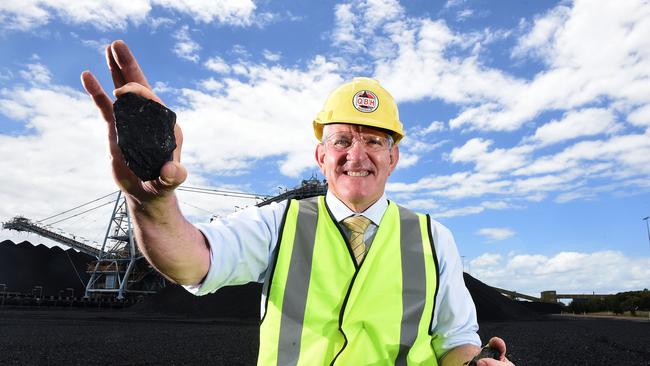
Mr O’Rorke meanwhile said that jobs were hugely important in Queensland.
“Jobs, above all else, drive our economy, fuel migration and immigration, and at the moment Queensland is lagging behind the rest of the country in terms of unemployment,” he said.
“People move to Queensland because they like the climate, the lower cost of living and the fact they can buy a lot more house here than they can in Sydney and Melbourne but they won’t move here unless they’re sure they’re going to get a job.”
TRADING LAWS
National Retail Association chief executive officer Dominique Lamb has called for liberalisation of Queensland’s complex trading laws to help reduce costs for small businesses.
She said the move to make Christmas Eve a partial public holiday would add costs to small retailers who chose to open on what was traditionally a peak trading day.

“The current trading hours regime is far too complex at the moment,” she said.
“If a retail business wants to open outside normal hours for a special event they need to apply to the Queensland Industrial Relations Commission, but retailers are now dealing with a 24-hour economy with online sales increasingly having an impact.”
LAND TAXES
Sentinel Property Group managing director Warren Ebert said increases in land taxes, which he says have targeted the wrong people, was a key issue at the 2020 Queensland election.
In the June state budget, the Queensland Labor Government increased land tax for holdings valued at more than $5 million from 2 per cent to 2.25 per cent, while the rate for holdings over $10 million increased from 2.5 per cent to 2.75 per cent.
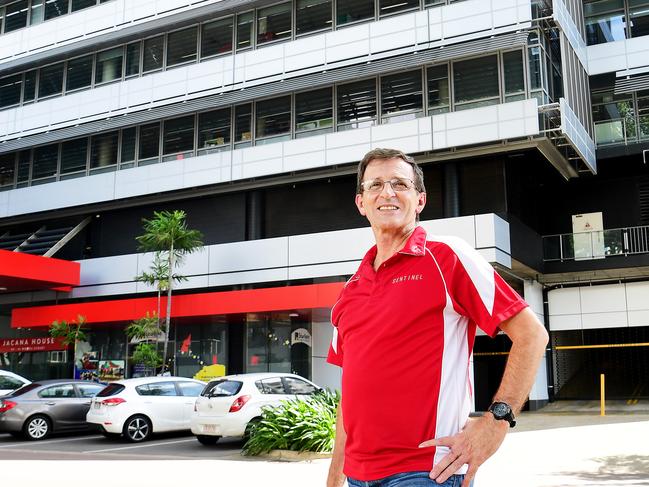
“These increases were made to punish the big end of town, but they end up hurting smaller investors such as union super funds and community groups in a commercial property syndicate,” Mr Ebert said.
“We understand the Government has to raise more revenue to run the state but with this measure they just end up hitting mum-and-dad investors.”


